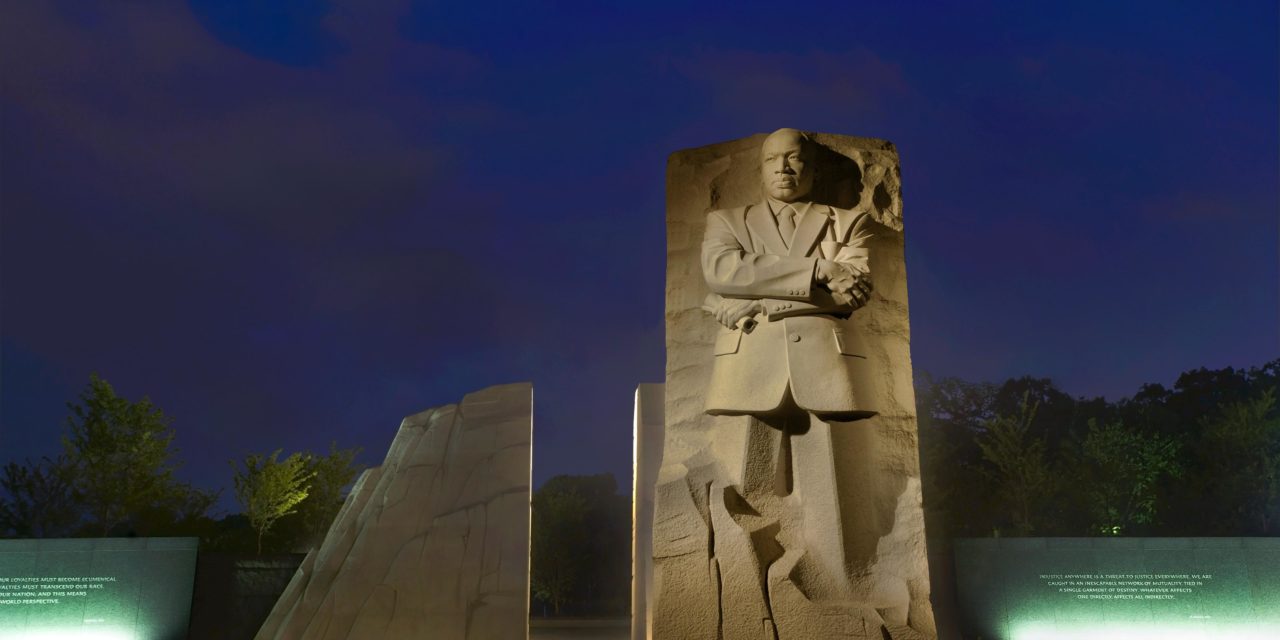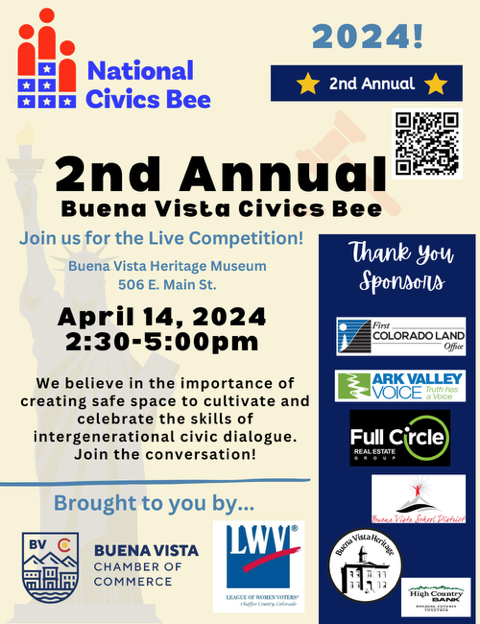“Let us realize the arc of the moral universe is long, but it bends toward justice.”
Martin Luther King Jr.
As a people, we were already dealing with a global pandemic. In the space of the last 10 days, the country has gone from extreme social distancing to hundreds of thousands marching in the streets, protesting police brutality and unequal treatment of our fellow black and brown citizens.
At that moment ten days ago, Memorial Day, members of the Minneapolis Police Department did the unthinkable; on a city street of small businesses, four officers detained George Floyd, a black man. One of them knelt for more than nine minutes on his neck, as he repeated “I can’t breathe,” and bystanders pleaded with them to “stop killing him, he can’t breathe.”
They did not. He died. It took ten days, but now Derek Chauvin, the man who knelt on his neck, has been charged with second-degree murder, and the three other officers involved in Floyd’s death have been charged with aiding and abetting murder.
Students of history will tell you that unequal treatment is as old as this country. But we seem to be at an inflection point; perhaps as Martin Luther King Jr. pointed out, “the arc of the moral universe,” might indeed “bend toward justice” swifter than the glacial pace it has been on.
We have a right to expect the institutions of our democratic government to govern fairly. This isn’t the first time I hope that things would change, nor my first era of protests: the summer of ’68 changed my life.
In 1968, there were peaceful protests and violent confrontations, including military confronting college students. The Vietnam War was at its height, the Civil Rights movement was impatient and there were riots, including at the Democratic National Convention in Chicago. In D.C., 80 percent of the police force was white, and 67 percent of the city was black and poor and receiving unequal education and living in segregated ghetto housing. Black unemployment was twice that of whites.
Martin Luther King Jr. was assassinated on April 4 and a week later President Lyndon Johnson signed the Civil Rights Act of 1968. But by then, the cities were burning. Twelve people died in the D.C. riots and 13,000 U.S. troops moved into D.C., the largest single occupation of a U.S. city since the Civil War.
 I was a northwestern Wisconsin high-schooler, a country 4-H Junior Leader who arrived at the 4-H Citizenship Course in Chevy Chase, Maryland, only a few months after the D.C. riots. Bobby Kennedy had been assassinated on June 5, the week before I arrived. There were still dying wreaths of flowers on his grave in Arlington National Cemetery. The 4-H leaders put us on buses and drove us into the riot areas — a brave thing to do with a bunch of naive, white, country kids. It was block after block of burned-out businesses and homes … It was devastation.
I was a northwestern Wisconsin high-schooler, a country 4-H Junior Leader who arrived at the 4-H Citizenship Course in Chevy Chase, Maryland, only a few months after the D.C. riots. Bobby Kennedy had been assassinated on June 5, the week before I arrived. There were still dying wreaths of flowers on his grave in Arlington National Cemetery. The 4-H leaders put us on buses and drove us into the riot areas — a brave thing to do with a bunch of naive, white, country kids. It was block after block of burned-out businesses and homes … It was devastation.
“Look,” they told us. “Look. This is what happens when justice and opportunity are unequal. This cannot be what America is.”
Those experiences helped shape my world view — not just of what constitutes a just world, but the miracle that is our constitutional framework – a reason to hope for a future different from the past. It edged me toward a career path in journalism.
Change takes a long time, but it does happen. This time, this isn’t an issue being fought by one group of people. It is a multi-racial, cross-cultural, cross-generational force.
“The kinds of epic changes and events in our country over the past few months are as profound as anything I’ve seen in my lifetime,” said former President Barack Obama on Wednesday afternoon June 3. “What has happened over the past several weeks, has thrown the challenges and structural problems into high relief… but as tragic as these past few weeks have been …there is an incredible opportunity for some to be awakened to these realities, to tackle them together…to live up to our highest ideals.”
“So many young people have been activated and mobilized,” he went on. “Historically the changes have been made by young people … so when I feel despair, I see what is happening with young people and feel optimistic. This country’s going to get better.”
I leave for another “Our Voice” the specter of police attacks on working media, first responders, and peaceful protestors exercising their First Amendment rights.
I recommend to you former Defense Secretary General James Mattis’s articulate commentary in The Atlantic regarding the legality of calling out our military against their fellow American citizens, as well as the ethics of perpetrating tear gas attacks on peaceful protestors in Lafayette Park, for purposes of a photo op. His introduction: “Donald Trump is the first president in my lifetime who does not try to unite the American people—does not even pretend to try. Instead, he tries to divide us,” Mattis writes. “We are witnessing the consequences of three years of this deliberate effort. We are witnessing the consequences of three years without mature leadership.”
Feature image: Martin Luther King Jr. Memorial in Washington D.C. Image courtesy of Washington.org









Thank you Jan! After taking part in the demonstration in Salida last week, I felt more hopeful about our country’s future than I had in months. Kudos to the organizers. And to the folks at Ark Valley Voice for keeping this issue alive locally.
Well said. Outstanding!